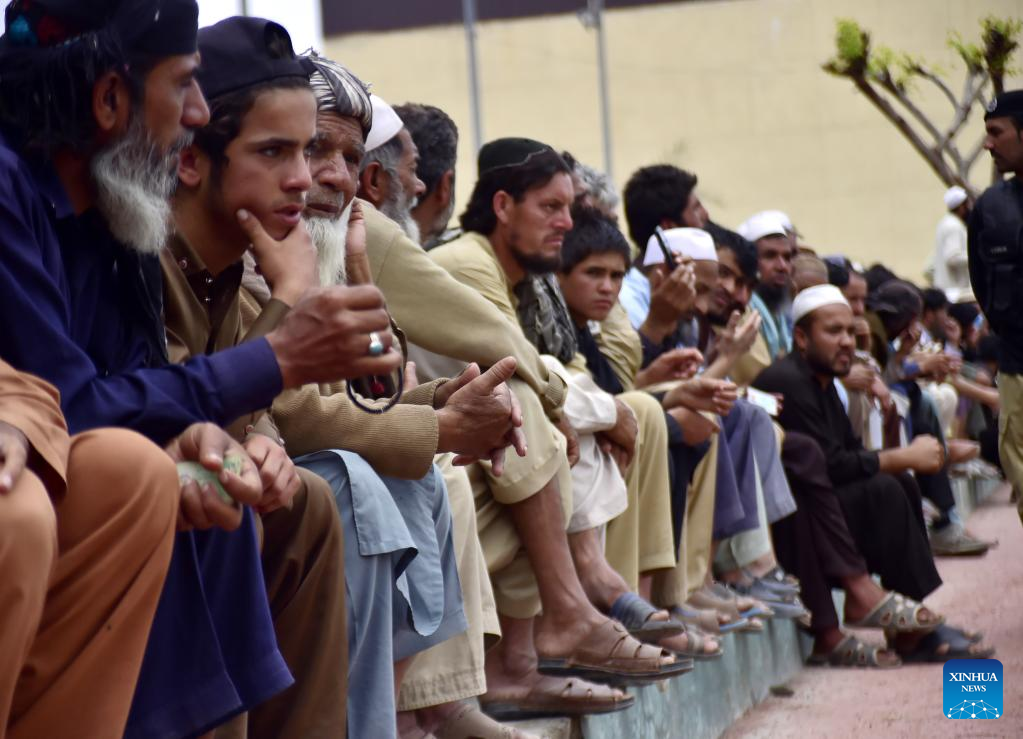The report says Pakistan’s economy is under stress with low foreign reserves and high inflation…reports Asian Lite News
The World Bank sees poverty in Pakistan will inevitably increase with pressures from weak labour markets and high inflation, according to a media report.
The World Bank warned that further delays in external financing, policy slippages, and political uncertainty pose significant risks to the macro poverty outlook.
In the absence of higher social spending, the lower middle-income poverty rate is expected to increase to 37.2 per cent in 2022-23, according to the World Bank report on the macro poverty outlook for Pakistan, Dawn reported.
Given poor households’ dependency on agriculture, and small-scale manufacturing and construction activity, they remain vulnerable to economic and climate shocks.
Official remittance inflows also fell by 11.1 per cent, partly due to the exchange rate cap that made informal non-banking channels preferable. Any decline in overall remittances would reduce households’ capacity to cope with economic shocks, adding pressure on poverty, warns the report, Dawn reported.
The report says Pakistan’s economy is under stress with low foreign reserves and high inflation. Activity has fallen with policy tightening, flood impacts, import controls, high borrowing and fuel costs, low confidence, and protracted policy and political uncertainty. Despite some projected recovery, growth is expected to remain below potential in the medium term.
Health and education outcomes are also at risk as the high inflation and reduced incomes could lead poor households to lower school attendance and food intake, cautions the outlook, Dawn reported.
With high public consumption, economic growth increased substantively above potential in FY22 at the cost of growing imbalances that led to pressures on domestic prices, external and fiscal sectors, the exchange rate, and foreign reserves.
These imbalances were exacerbated by the catastrophic flooding in 2022, surging world commodity prices, tightening global financing conditions, and domestic political uncertainty.

Leave a Reply